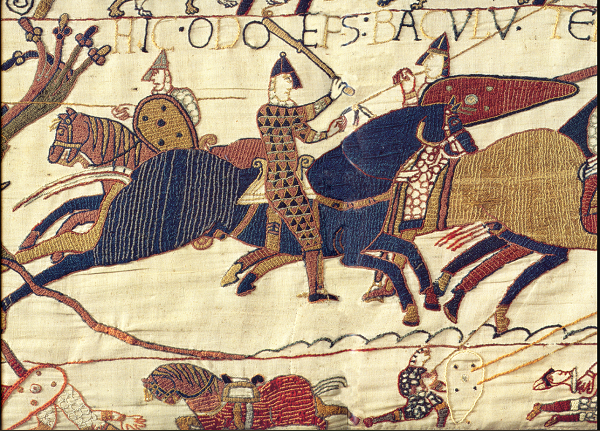Webmaster Notes
This page discusses the value of the website thepeerage.com - it claims to be a geneological database linking families to the British peerage.
Digging deeper into the sources used by the author I am not so sure about it accuracy.
This page was prompted by the nonsense of someone who thinks that is a good thing to have a bank account with "The honourable" on their cheques.
Thepeerage.com uses a secondsite platform to present its information. I have seen this used by what I would term "legacy websites".
Dilemma
The dilemma I have is that I cannot publish the names of the individuals that I have found in Daryll's database as I am sure that it would be misconstrued.
The entries that I have found are legitimate ones as they do relate to the peerage, however, I am of the opinion
that this is besides the point and the persons recorded are not relevant to either the history of the peerage and
also to the history of the village.
The legitimate children of a life peer appointed under the Life Peerages Act 1958 are entitled to style themselves
with the prefix "The Honourable", although they cannot inherit the peerage itself.
Oct/Nov 2025
I moved some of the contentious text into these notes - particularly the aspect of the hereditary nature of the peerage to children and grand children.
The links to Daryll's website and to the entries that I have issue are still on this page but they are not likely to be accessed by a general user. I am curious to know why this page was getting impressions for no apparent reason.
The only reason that I can think is the occurance of "Honourable", "Baronese" and tempusfugit.me.uk
thepeerage.com
I admit that I have a slight problem with thepeerage.com.
I first came across thepeerage.com when I was searching for "Dundonald". The problem I have is not the information that Darryl Lundy is presenting on historical persons but the information on decendants of members of the Peerage.
Daryll Lundy's website is obviously a vast body of work but I am not sure for whose benefit it serves.
I have repeated his goal and the description of his website in the quotes below. However, I have also found another entry (other than Dundonald) in his database that I find strange even though I know why it is there.
Top
What Daryll Lundy says about his website:
Daryll contunues to update his website and when I last looked there was a date of 23 Oct 2025.
The goal of this website is to capture in one place all of the members of the inter-connected families of the
British peerage.The site is the result of around 17 years of work by one (somewhat eccentric) person collating
information on the British Peers (and some European royals), and then entering it into a range of various
genealogy programs. I do find conflicting info while expanding the database, and so try to resolve these
conflicts and errors as I go.
NOTE: this site is a work in progress, due to new reference sources becoming available for these families as well
as new births, deaths and marriages. It is possible a few errors have crept in, so please pay attention to the
credibility of each of the citations given when evaluating the quality and accuracy of this data.
Your help in finding, reporting and fixing any errors is hugely appreciated.
Some of the references used by Daryll are to Burke's Peerage and a lot of modern research from Douglas Richardson in the United States. While these references don't necessarily mean that they are less than reliable it has been my observation that much of the research seems to have been made on behalf of those that have paid for their inclusion and assumptions that could be seen as speculative.
The editing of Wikipedia pages
During the construction of this page it occured to me that someone that I know may have done this.
Seeing that Wikipedia is often used a reference to support an argument, in fact I do this all the time.
I hope that I have taken mitigating steps by not provding direct links to Wikipedia pages.
